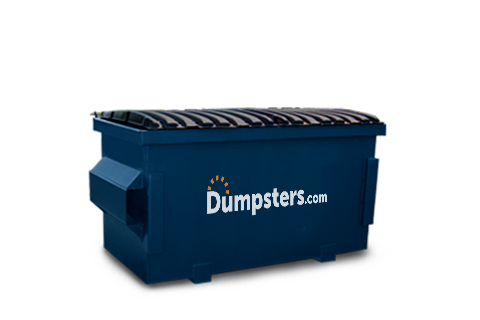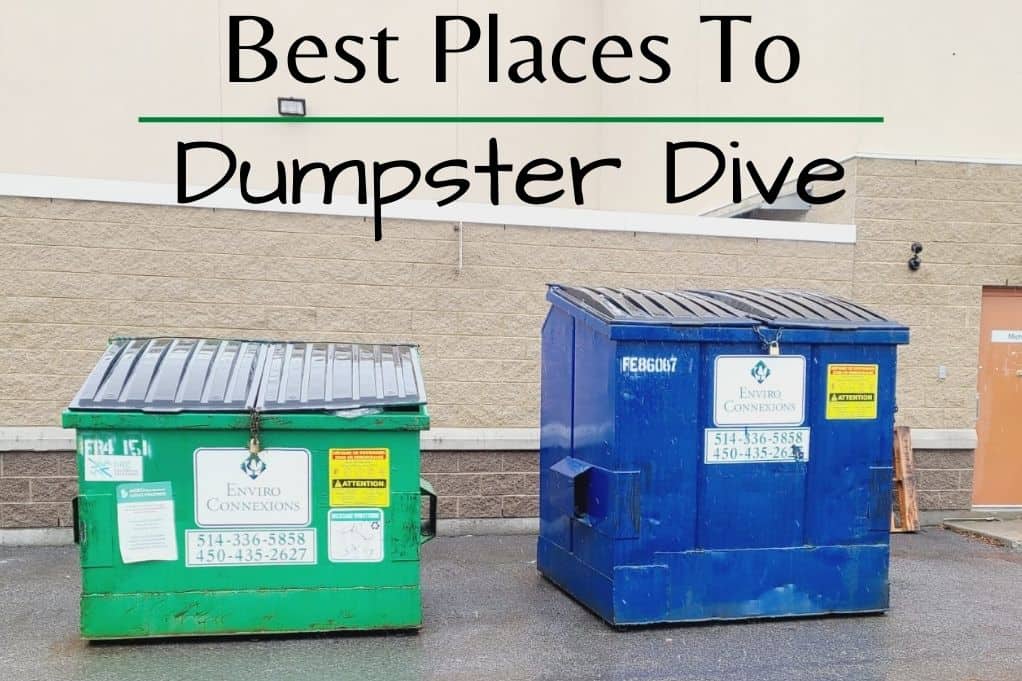To assurance a smooth dumpster rental experience, it's important to evaluate your waste removal needs, selecting the right dumpster dimension and understanding local regulations Plan for shipment and pickup, preparing the drop-off area and packing the dumpster effectively. Stay clear of prohibited waste items, handle your rental timeline, and study providers thoroughly. Understand pricing transparency, including extra fees, and ask questions in advance. By adhering to these professional suggestions, you'll be well on your way to a seamless and stress-free dumpster rental experience; and by exploring each of these tips in even more information, you'll reveal even more understandings to make your job a success.
Assess Your Waste Removal Needs
Assess Your Waste Removal Needs
Typically, prior to leasing a dumpster, it's vital to analyze your waste removal needs to assure you get the right dimension and type of dumpster for your project. This step is important in ensuring you have an efficient and cost-effective waste management solution.
Start by determining the kind of waste you'll be throwing away, such as building debris, house garbage, or recyclables. This will help you figure out the required dumpster functions, like covers or areas, to facilitate easy loading and unloading.
Additionally, take into consideration the volume of waste you'll be creating and the period of the rental period This details will enable you to pick a dumpster that meets your certain requirements, protecting against unnecessary costs and logistical headaches.
Choose the Right Dumpster Size
With a clear understanding of your waste removal needs, the following necessary step is to select the ideal dumpster size for your project. This choice will substantially influence the efficiency and cost-effectiveness of your waste administration strategy.
A dumpster that is also tiny will lead to frequent replacements, increasing expenses and logistical inconveniences. On the other hand, a dumpster that is as well huge will certainly result in wasted space and unneeded expenses.
To warranty you select the best dumpster dimension, consider the volume and weight of the waste you anticipate to produce. Action the location where the dumpster will certainly be placed to verify it fits conveniently. You need to likewise factor in any obstacles, such as narrow alleys or tight corners, that might impact dumpster placement.
Common dumpster sizes range from 10 to 40 yards, with 20-yard dumpsters being the most prominent selection for residential projects
Understand Regional Regulations Rules
Every area has its unique set of regulations regulating waste disposal, and it's crucial to familiarize on your own with the certain regulations in your location prior to renting out a dumpster.
These policies can vary substantially relying on the area, so it is very important to research study and recognize what is allowed and what is not. For example, some locations might have details guidelines for dealing with hazardous materials, while others may have restrictions on the sorts of waste that can be put in a dumpster.
Understanding regional laws can assist you prevent fines, penalties, and also project delays
It's also essential to verify that the dumpster rental firm you pick is compliant with neighborhood guidelines and has the needed permits and licenses. By doing your due persistance, you can feel confident that your garbage disposal demands are being met in a liable and compliant manner.
Additionally, knowing regional laws can additionally help you prepare your project better, assuring that you have the appropriate tools and sources to get the job done efficiently.
Plan for Delivery and Pickup
Once you've verified compliance with regional regulations, it's time to concentrate on the logistics of dumpster rental Preparation for distribution and pick-up is a vital step in ensuring a smooth experience.
Start by setting up a specific distribution time that benefits you, taking into consideration any kind of potential interruptions to your day-to-day routine or service procedures. Be sure to give clear directions to the distribution area, including any type of access restrictions or special instructions.
When it pertains to pickup, verify the rental period and routine the pickup accordingly Know any type of added costs connected with extensive rental periods or missed out on pickups.
It's important to recognize the dumpster rental business's policies and procedures to prevent any kind of unexpected charges or delays. By planning ahead, you can lessen downtime and ensure a seamless experience from beginning to finish.
With a clear understanding of distribution and pick-up logistics, you can concentrate on filling up the dumpster and tackling your task with confidence.
Prepare the Drop-Off Location
Three key considerations should be leading of mind when preparing the drop-off location for your dumpster service: accessibility, space, and protection
Confirm the delivery truck can quickly access the assigned area, taking into consideration any type of potential obstacles like narrow roads, tight corners, or low-hanging branches. A clear course will promote a smooth drop-off and reduce the risk of damage to surrounding property.
Next, assess the available space to fit the dumpster's measurements. Take into consideration the length, size, and height of the container, as well as any type of overhead clearance requirements.
A general guideline is to allocate an added 10-15 feet of clearance around the dumpster to enable very easy loading and unloading.
Load the Dumpster Efficiently
With the drop-off place prepared, interest turns to loading the dumpster efficiently This essential step assurances you maximize the dumpster's capacity, decrease waste, and stay clear of additional rental fees.

Start by sorting materials into categories, such as building and construction particles, household products, and recyclables. This partition helps you prioritize and purposefully area things in the dumpster.
Begin loading bulky items, like devices and furniture, near the bottom. This develops a stable base for smaller sized things, which can be piled on top. Location much heavier objects towards the front of the dumpster to maintain balance and avoid moving throughout transportation.
Consider creating a "wall surface" of smaller products, like boxes and bags, to fill up spaces and enhance space. Avoid overloading the dumpster, as this can bring about security concerns and extra fees.
Avoid Prohibited Waste Items
Most dumpster rental providers have rigorous guidelines restricting certain waste things from being thrown away in their dumpsters.
These prohibited items often include hazardous materials like batteries, electronics, and chemicals, which can pollute the setting otherwise disposed of effectively. In addition, products like tires, asbestos, and particular kinds of building products may additionally be banned as a result of their potential to create injury or damages to the dumpster and its surroundings.
It's crucial to evaluate the rental agreement and understand what products are permitted and restricted in the dumpster.
Failure to follow these guidelines can lead to additional fees, penalties, and even discontinuation of the rental arrangement. Moreover, poorly taking care of contaminated materials can lead to environmental harm and lawful consequences.
To warranty a smooth and responsible dumpster rental experience, make the effort to sort and different your waste, and make setups for the disposal of banned items through alternative channels.
Manage Your Rental Timeline
An effective dumpster rental experience relies greatly on effective time management From scheduling the delivery to planning the pickup, every action calls for mindful factor to consider to avoid delays and added fees.
When asking for a dumpster rental, specify the precise days and times for delivery and pickup to guarantee the company can accommodate your requirements. Be prepared to obtain the dumpster by removing the delivery location of barriers and ensuring access to the designated location.
During the rental duration, maintain a consistent pace of waste disposal to prevent overruning the dumpster, which might incur added fees. As the rental duration approaches its end, prepare the dumpster for pickup by eliminating any type of continuing to be waste and safeguarding the lid.
Planning in advance and adhering to your timetable will help you remain on track and enjoy an easy dumpster rental experience. By managing your rental timeline successfully, you can concentrate on completing your job in a timely manner and within budget.
Read Evaluations and Check Credentials
Before wrapping up a dumpster rental, conduct detailed research on prospective service providers to verify you're partnering with a http://piedmont-triaddumpsters.fotosdefrases.com/7-tips-for-a-stress-free-dumpster-rental reputable company This crucial step ensures a smooth experience and shields your investment.

Begin by scouring online testimonial platforms, such as Yelp or Google, to assess customer satisfaction and ratings. Seek warnings like regular grievances or unaddressed issues. Furthermore, verify the firm's credentials, including licenses, certifications, and insurance coverage A reputable carrier should be clear about their qualifications and delighted to supply proof upon request.
It's also important to examine if the firm belongs to industry associations, such as the National Waste & & Recycling Association This affiliation commonly shows a dedication to adhering to market criteria and best practices.
Ask Concerning Additional Fees Upfront
Transparency is key when it pertains to dumpster rental rates, and understanding all the associated costs is important to avoiding surprise bills
Be certain to inquire about additional fees ahead of time, as some dumpster rental business might bill additional for things like fuel additional charges, shipment fees, or overweight penalties. These costs can build up rapidly, so it's vital to factor them into your overall cost
When asking about additional charges, ask details questions like:
- Are there any kind of shipment or pick-up fees? Is there a fuel surcharge, and if so, how is it calculated? Are there any type of penalties for surpassing the weight limit or keeping the dumpster beyond the rental period?